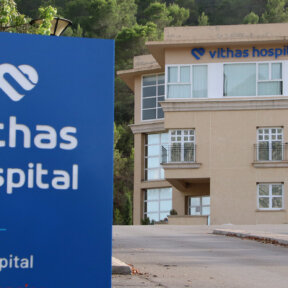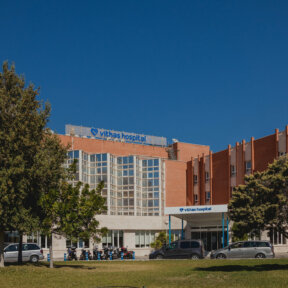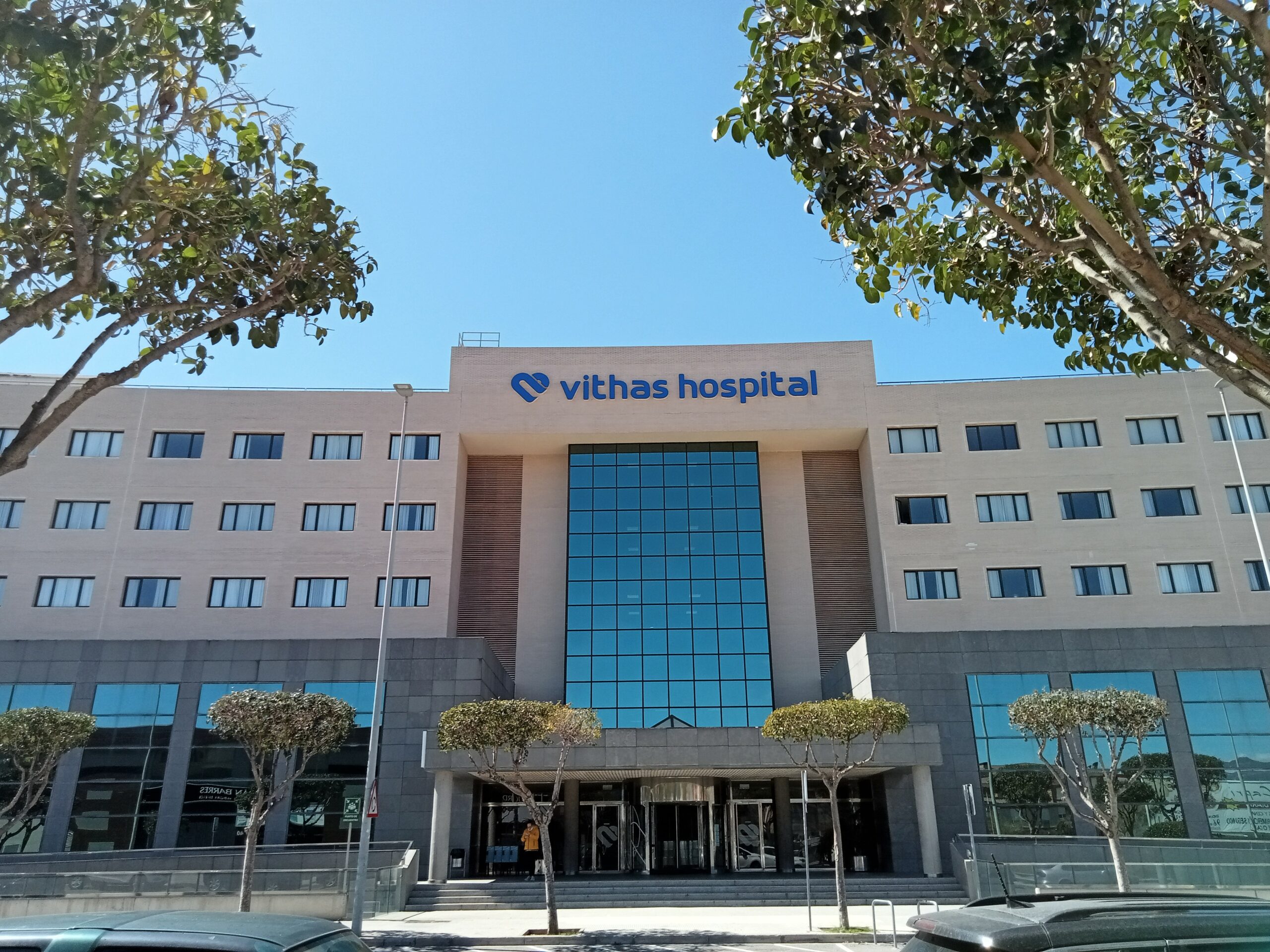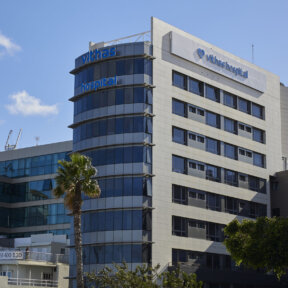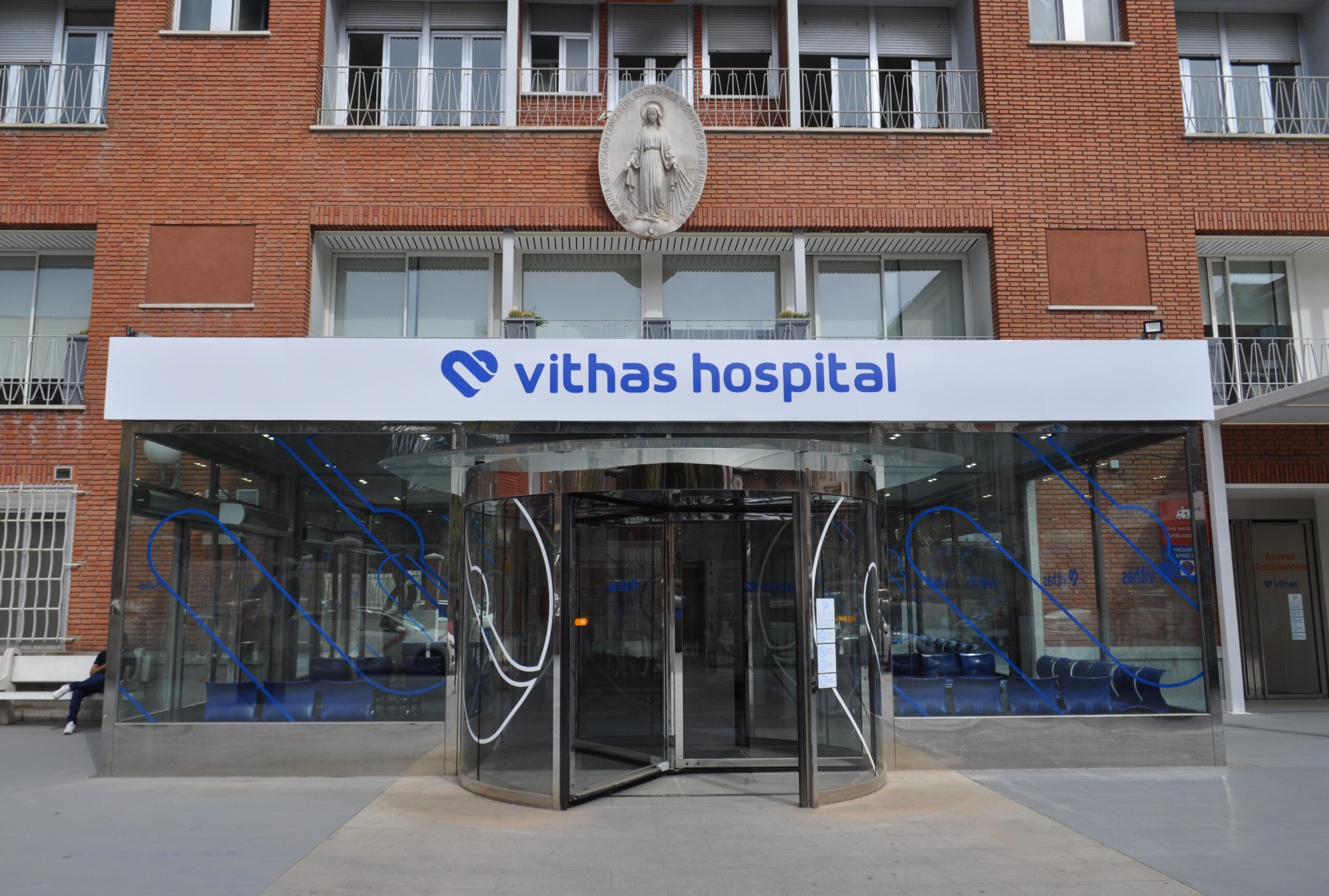What is clinical neurophysiology?
Clinical neurophysiology is a medical speciality that uses basic neuroscience knowledge to perform functional explorations of the central nervous system (brain and spinal cord), peripheral nervous system (nerves and sense organs) and vegetative or autonomic nervous system (sympathetic and parasympathetic), using highly specialised technology for diagnostic, prognostic and therapeutic orientation purposes.
It is a complementary exploration service to support diagnosis and follow-up for various specialities such as Traumatology, Rehabilitation, Rheumatology, Neurology, Paediatric Medicine, Ophthalmology, Otorhinolaryngology, Neurosurgery, Psychiatry, Pulmonology, etc.
Which patients is it for?
Patients may be referred to the Clinical Neurophysiology Clinic by other medical and surgical specialities. The clinic is dedicated to providing diagnosis and therapeutic guidance for nervous system disorders (central and peripheral).
Main conditions and diseases
Most frequent diseases and disorders in clinical neurophysiology:
- Epilepsy: epilepsy surgery
- Muscle and neuromuscular junction: myopathies, neuromuscular junction diseases, diseases with muscle hyperactivity
- Peripheral nerve: mononeuropathies, plexopathies, polyneuropathies
- Radiculopathy
- Cervical myelopathy
- Degenerative diseases: motor neuron diseases
- Movement: Parkinson’s surgery, muscle tremor
- Vision: retinopathy
- Hearing: hearing loss
Main diagnostic resources and technology
- Electroencephalography (EEG):
- Baseline EEG
- Sleep-deprived EEG
- Electromyography (EMG):
- Neurography, reflexology (F-wave and H-reflex)
- Spontaneous muscle activity
- Voluntary contraction
- Quantitative electromyography (QEMG)
- Repetitive stimulation
- Blink reflex
- Preoperative mapping of peripheral nerves
- Jitter with concentric needle and single fibre
- Vegetative system examination
- Sympathetic skin response
- Evoked potentials: auditory, visual, somatosensory
- Sleep polysomnography (night and day)



